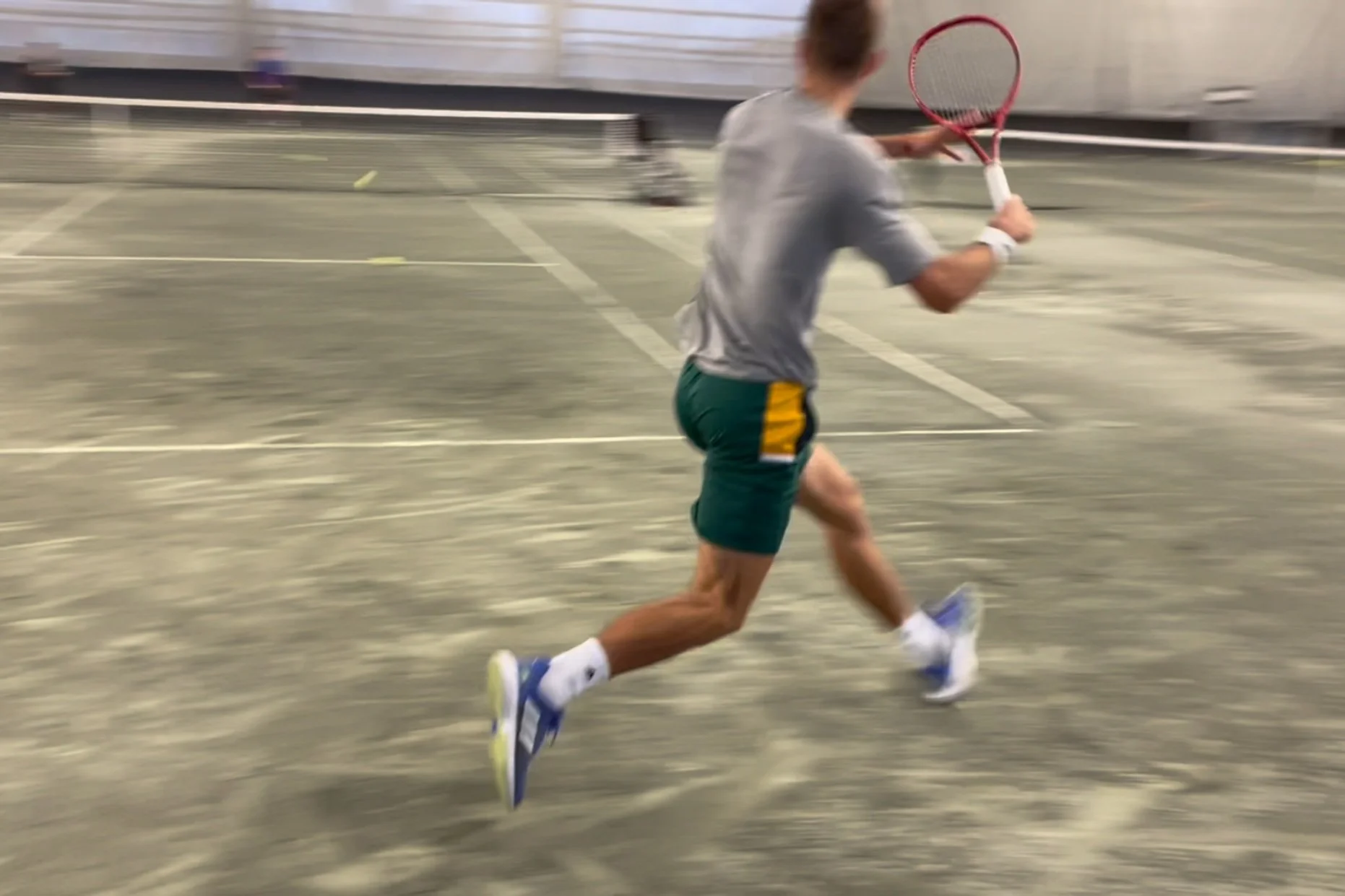Many athletes have the following problem - they seek to improve their sport performance while doing an overly large amount of the their training in the weight room.
Tennis players, on the other hand, have the reverse problem. They spend way too much time on-court and their off-court training closely resembles (or mimics) what they’re already doing on the court.
Then there are coaches and players (even parents) that often seek ‘tennis-specific’ training. Depending on how you define it, ‘tennis-specific’ can mean a lot of different things.
I’ve previously written about the split step and it’s importance to successful movement - and ultimately, shot execution - in tennis. But do we truly understand what factors contribute to an effective split step? Why we should devote serious attention to it? Or even more, how to best train it?
Before we get into the details, you should know that there are 3 primary components that make up the split step:
As 2018 is soon coming to an end, I wanted to share the top 5 articles from the past year at Mattspoint. While I know that some of you might read the blog regularly, others may not have had the chance to check-in weekly - here’s a second chance to do so. The following posts were the most popular of 2018:
I recently heard that periodization is dead. For those who are unfamiliar with the term, it can be defined as the division of training & competition into various phases throughout the calendar year (this is of course a simplified definition - articles, books etc have been written on the topic but for our purposes, that’s all you need to know for the moment).
Before we tackle the statement from above, let me provide the background story. There was a once a time when athletes - primarily those competing in the Olympics - only had to (truly) peak once every 4 years.





